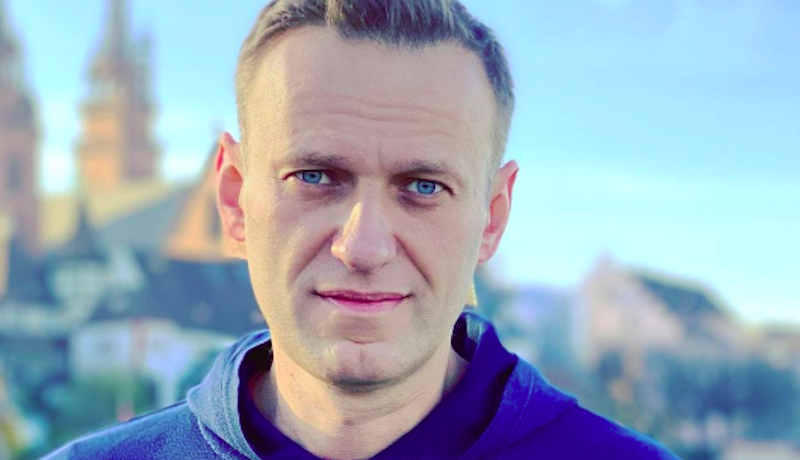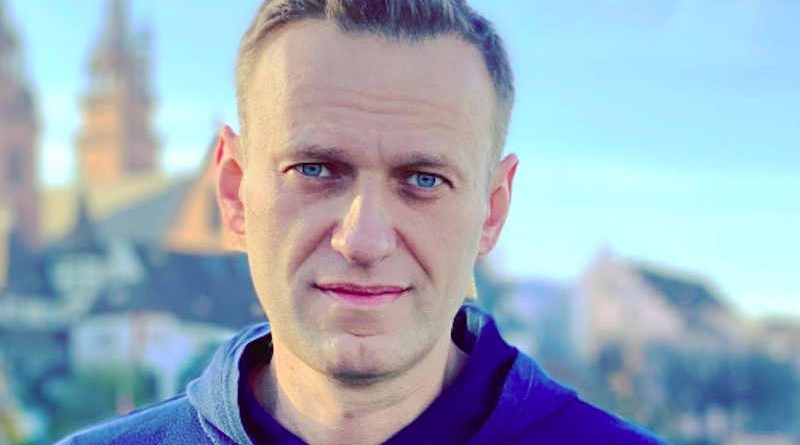Russia Attacks Anti-Corruption Foundation of Alexei Navalny

The draconian action against Navalny has been taken despite a slew of sanctions and censure statements by the U.S. and European leaders against Russia.
By Rakesh Raman
The Anti-Corruption Foundation (FBK) of jailed Kremlin critic Alexei Navalny will not move its operations to Georgia, as it is being reported in a section of media.
Some media reports have suggested that FBK – which is facing an “extremism” ban in Russia – plans to release YouTube live streams and video reports that expose alleged official corruption in Russia from Tbilisi, the capital of Georgia.
But The Moscow Times has quoted Leonid Volkov, a senior Navalny aide living in exile, who has dismissed the reports of relocation to Georgia as “fake news.” A Russian court last month had ordered FBK to suspend its activities.
Founded by Navalny in 2011, FBK has been reporting about alleged corruption by Russia’s ruling elite. It has also released a video that went viral to report on President Vladimir Putin’s alleged $1.3 billion palace built with public money.
Recently, Russia had added Navalny’s political network to the ‘Terrorist and Extremist’ list. Russia’s Federal Financial Monitoring Service (Rosfinmonitoring) said on April 30 that “Navalny Networks” now appears on its searchable database of groups and persons with links to terrorist activities, which includes al-Qaeda, the Taliban, and the Islamic State.
The draconian action against Navalny has been taken despite a slew of sanctions and censure statements by the U.S. and European leaders against Russia.
It is alleged that after sending him to jail under frivolous charges, the Russian regime is slowly trying to murder Navalny, who is serving a torturous prison sentence near Moscow.
As Navalny, 44, is perhaps the only leader who can challenge Putin’s attempt to rule forever, it is believed that the Putin regime is trying to kill him slowly in jail. Putin has signed a new legislation that will allow him to stay in power until 2036, while his second consecutive and fourth overall presidential term ends in 2024.
In order to terrorize Navalny and his supporters, Russia’s state financial watchdog has designated the “Social Movement Navalny’s Campaign Offices” as extremist entities, although Navalny’s chief of staff, Leonid Volkov, has said previously that there is no legal entity called the “Social Movement Navalny’s Campaign Offices.”
According to a report in The Moscow Times, the designation means that authorities can block the organization’s bank accounts. A Moscow court ruling banning the network’s crowdfunded work, as well as Navalny’s Anti-Corruption Foundation (FBK), as “extremist” organizations is expected to harm Navalny’s anti-corruption activities.
According to reports, the ruling would ban Navalny’s nationwide network of about 50 regional headquarters from operating and put members and supporters at risk of long jail terms. Fearing arrest, it is said that a number of Navalny employees have already fled the country.
By Rakesh Raman, who is a national award-winning journalist and social activist. He is the founder of a humanitarian organization RMN Foundation which is working in diverse areas to help the disadvantaged and distressed people in the society.





